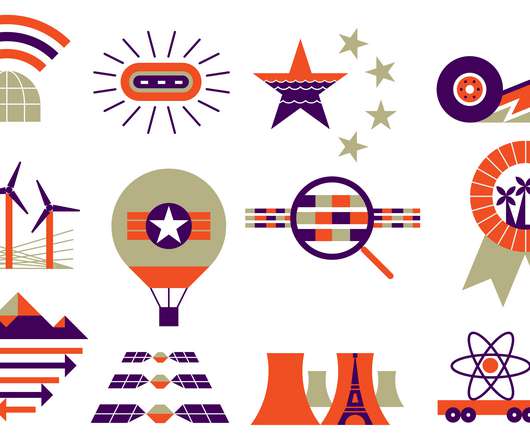Geely supporting Danish initiative on e-methanol with vehicle trials in Aalborg
Green Car Congress
MARCH 30, 2022
Denmark has been a global leader in sustainability, and has pledged to reduce its carbon emissions by 70% by 2030. Previous demonstration trials of Geely Emgrand methanol sedans in Iceland achieved an average well to wheel emissions of 46g of CO 2 per km, even lower than electric vehicles in most countries.












Let's personalize your content